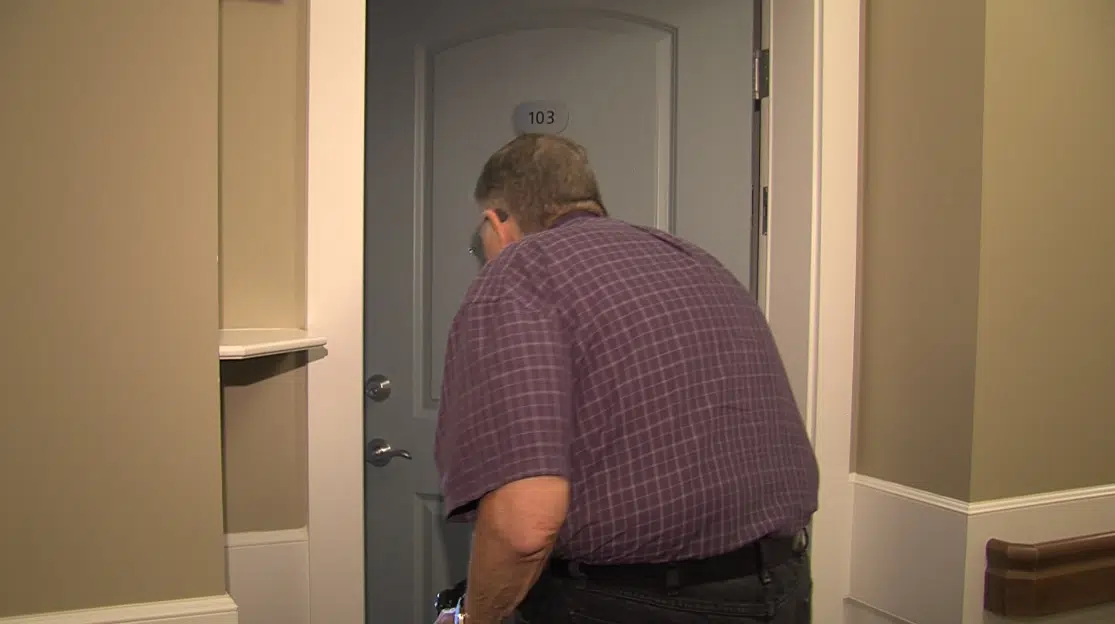
Wait lists growing for residential care, subsidized housing in B.C.: advocate
VICTORIA — High rents and reduced home-support services for British Columbia’s seniors are forcing many people out of their homes before they need to leave, says the province’s seniors advocate.
Inadequate government home-care programs and rising rents are seeing more seniors ending up out of their homes and into publicly funded residential care facilities, Isobel Mackenzie said Tuesday in releasing her 2016 report on services for seniors.
Mackenzie estimated 10 per cent of the 27,000 seniors in care homes could be living in their own homes if the government provided improved home supports.
She said housing subsidies for elderly renters have increased nine per cent over the past 11 years, but rents have gone up 34 per cent. Most B.C. seniors live on an average annual income of $26,000.


